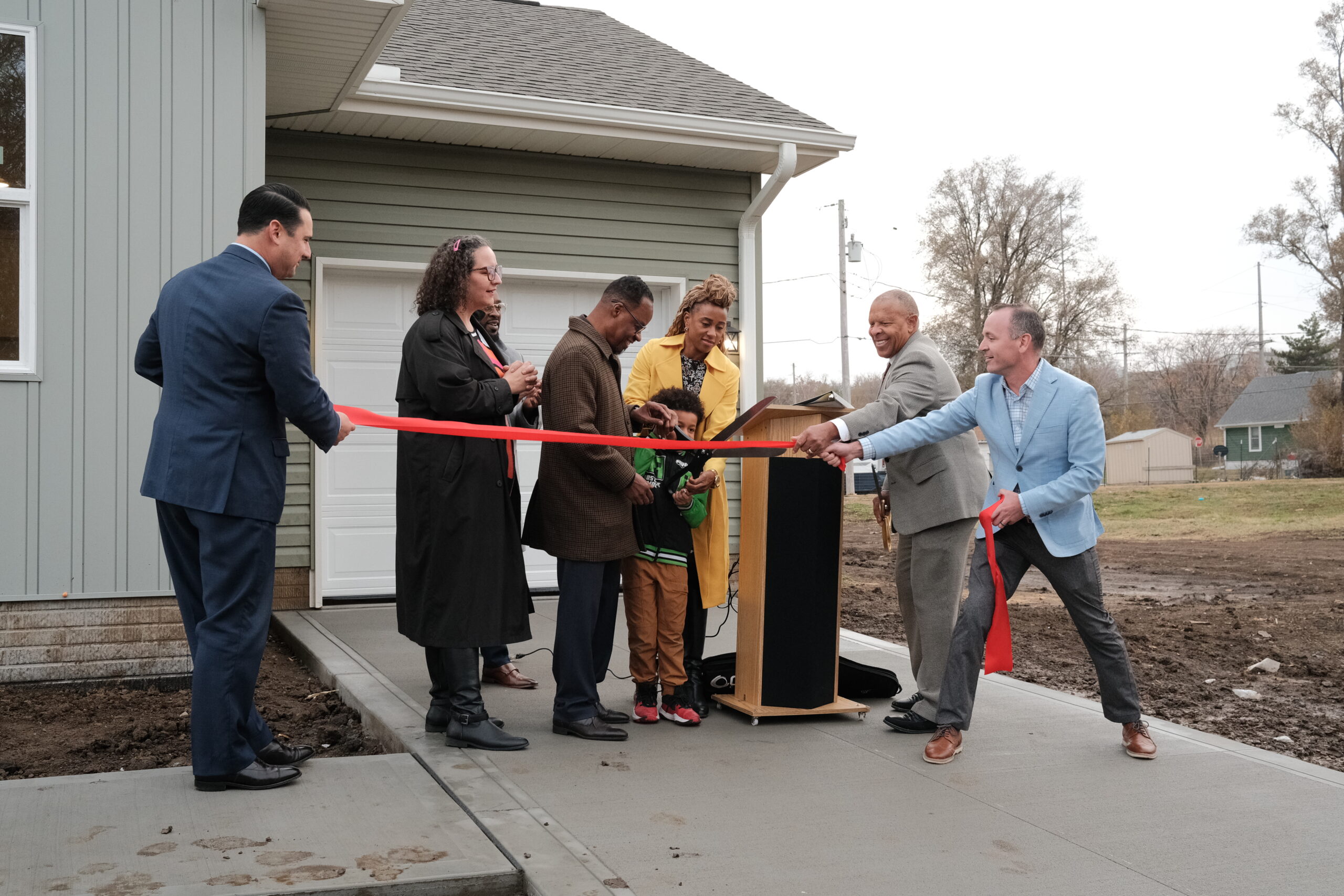A vital source of capital and support for Nebraska entrepreneurs, the Business Innovation Act (BIA), is facing a significant reduction in the proposed state budget. The move could hinder innovation and job growth across the state, according to many in the startup and economic development community.
Introduced as part of the Nebraska Talent and Innovation Initiative in 2011, the BIA provides early-stage financial assistance through five primary programs: the Prototype Grant, Small Business Innovation Research/Small Business Tech Transfer (SBIR/STTR) Matching Grants, Academic Research and Development Grants, a Seed Investment Program and the Microenterprise Assistance Program.
Collectively, these programs offer entrepreneurs crucial funding to develop prototypes, conduct research and attract private investment at a stage when traditional financing often falls short.
The BIA has received roughly $14.7 million annually in state general funds for the past several years. In January, Gov. Jim Pillen proposed reducing that amount to $9.7 million — a $5 million cut — in the upcoming biennial budget.
Supporters of the BIA argue that this cut represents nearly a third of the only direct funding source Nebraska provides for early-stage, high-growth startups.
“In this state, the BIA is one of the only programs that helps entrepreneurs get their start,” said Dan Hoffman, CEO of Invest Nebraska. “These are the future tech businesses, the innovation.”
Fast Forward, a tech startup from Kearney that helps electric utilities prevent power outages and wildfires using vehicle-mounted camera systems, is a past recipient of the BIA Prototype Grant.
“As a startup solving a problem that hadn’t been achieved before, the Prototype Grant was instrumental in the development of our initial design that ended up being commercialized in 2023,” said Fast Forward CEO and Founder Dusty Birge. “Since traditional banking wouldn’t give us a start, it was the grant that initially helped get us started. This has since led to over $1 million in power outages mitigated and a sustainable business that has created over a dozen new jobs.”
In previous reporting from SPN, UNeMed President and CEO Michael Dixon, Ph.D., said that 2025 presents challenges due to ongoing uncertainty around Gov. Pillen’s proposed budget cuts, including the BIA.
The proposed cut comes at the same time as the release of an impact study that underscores that the BIA delivers substantial returns on investment. The 2025 report highlighted $1.17 billion in annual economic impact attributed to BIA-funded companies, with these businesses creating high-wage jobs and paying significant state and local taxes.
Peeq Industries Co-founder and CEO Tom Chapman, said in a LinkedIn post, “Of all of the things to cut in state government, a program that actually works and helps with economic growth seems insane.”
“The results speak for themselves,” Hoffman said. “The intended results of [the BIA] have been met and probably exceeded the expectations when the bill was passed back in 2011.”
The cut is particularly glaring when contrasted with the state’s traditional economic development incentives, totaling upwards of $190 million annually. Hoffman said that significant corporate tax breaks seldom benefit high-risk early-stage entrepreneurs who don’t yet have taxable profits, leaving them without comparable support. The BIA, on the other hand, is explicitly designed to foster technological and innovative growth from the ground up.
The Nebraska Legislature’s Appropriations Committee held a budget hearing for the Department of Economic Development on March 5. Invest Nebraska, local Chambers of Commerce and several entrepreneurs testified against the proposed cuts. Advocates presented data demonstrating how BIA funding strengthens Nebraska’s startup ecosystem, bringing outside investment into the state and helping build next-generation businesses.
As the Appropriations Committee deliberates on restoring the $5 million, many entrepreneurs and community leaders are watching closely. “Other states are putting more money into these programs because they want to generate more entrepreneurs, more technology-based businesses, and Nebraska has chosen to go in a different direction,” Hoffman said.
Should the proposed cuts move forward, funding for each BIA program will drop proportionally, limiting new grant awards and creating a waiting list that could delay projects for months. With Nebraska’s economy relying heavily on emerging companies for job creation and cutting-edge innovation, the outcome of this budget proposal has far-reaching implications, said Hoffman.



